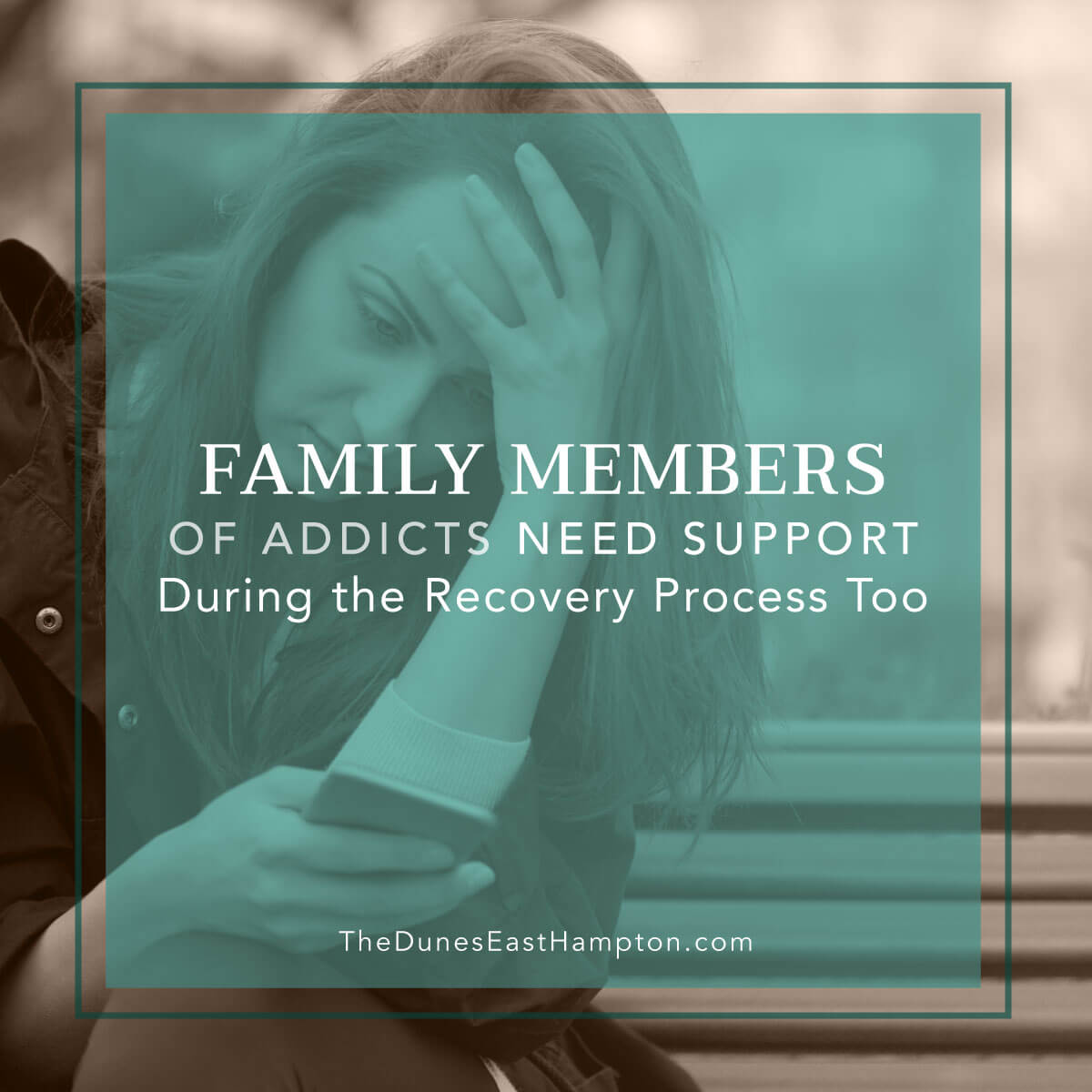
Siblings endure substance abuse from different perspectives, and being stuck in such a situation can have drastic consequences. At The Dunes East Hampton, we feel it’s important for siblings of addicted individuals to make their concerns and grievances known while remaining constructive and supportive for their sibling who is struggling with addiction.
Addiction Disrupts Families
Emotions tend to flare easily between family members when substance abuse is involved, and the effects reach across all age groups. Small children may carry trauma with them as they grow up, and adult siblings can suffer from broken relationships and other factors as well.
Siblings of addicted individuals may feel neglected or unimportant compared to their sibling’s addiction, and handling these feelings is generally complicated. While managing such emotions is challenging, siblings also have a duty to help their struggling loved one in positive ways. This means understanding the difference between enabling and true help.
Understanding the Danger of Enabling

This behavior is common among family members of people struggling with substance abuse, but it can be extremely difficult for siblings and other family members to recognize the line between helping and hurting.
Enabling could refer to paying for an addicted sibling’s bills for an extended time because he or she is unable to pay them due to spending too much to support the addiction. This may seem like a generous gesture at first, but all it does is prolong the inevitable.
People struggling with addiction cannot continue to rely upon family members to handle their obligations. By preventing users from feeling the full effects of their addictions, enablers effectively hurt struggling loved ones in the long run.
Addressing the Damage Done to Siblings
Siblings are in an awkward position in most cases when it comes to another sibling’s substance abuse, especially when it affects the innocent sibling early in life. A child growing up exposed to an older sibling’s substance abuse may in turn grow more likely to experiment with drugs or alcohol later. Additionally, the younger sibling may suffer abuse or other harm at the hands of the addicted sibling.
These traumatic experiences can have drastic consequences later in life. Adult siblings also run the risk of suffering physical abuse and heartbreak at the hands of a struggling brother or sister. It’s vital for siblings in these situations to interact with their struggling loved ones constructively without neglecting their own issues.
Involving Parents During Recovery
Siblings of people struggling with substance abuse should avoid blaming their parents for their brother’s or sister’s behaviors. Blame-shifting among family members is never constructive or worthwhile, and is more likely to damage relationships than rebuild them.
Siblings need to work with their parents to help their struggling brothers and sisters without enabling the addiction. This requires setting clear boundaries for what is and is not acceptable behavior, bracing for a long-term recovery process, and keeping lines of communication open.
Support for the Entire Family
During the recovery process, it’s crucial for siblings to get the help they need as well. There is no need to put off your own problems while you wait to see what happens with a brother or sister’s substance abuse.
At The Dunes East Hampton, we’ve seen how counseling and support networks can be invaluable to family members of people struggling with substance abuse. The right support can help siblings cope with their own experiences while providing constructive support to a struggling brother or sister. Learn more by reviewing our family support resources.







